Introduction:
Batteries are an essential part of many devices and systems, from smartphones and laptops to cars and solar storage. Knowing the type of battery you are using is important for safety, maintenance and disposal purposes. Two common types of batteries are lithium-ion (Li-ion) and lead-acid batteries. Each type has its own characteristics and requires different handling. In this article, we’ll discuss how to tell if a battery is lithium or lead, and the main differences between the two.
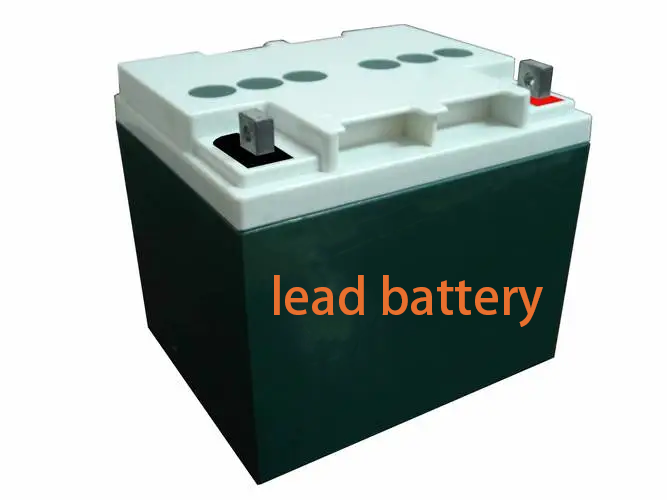
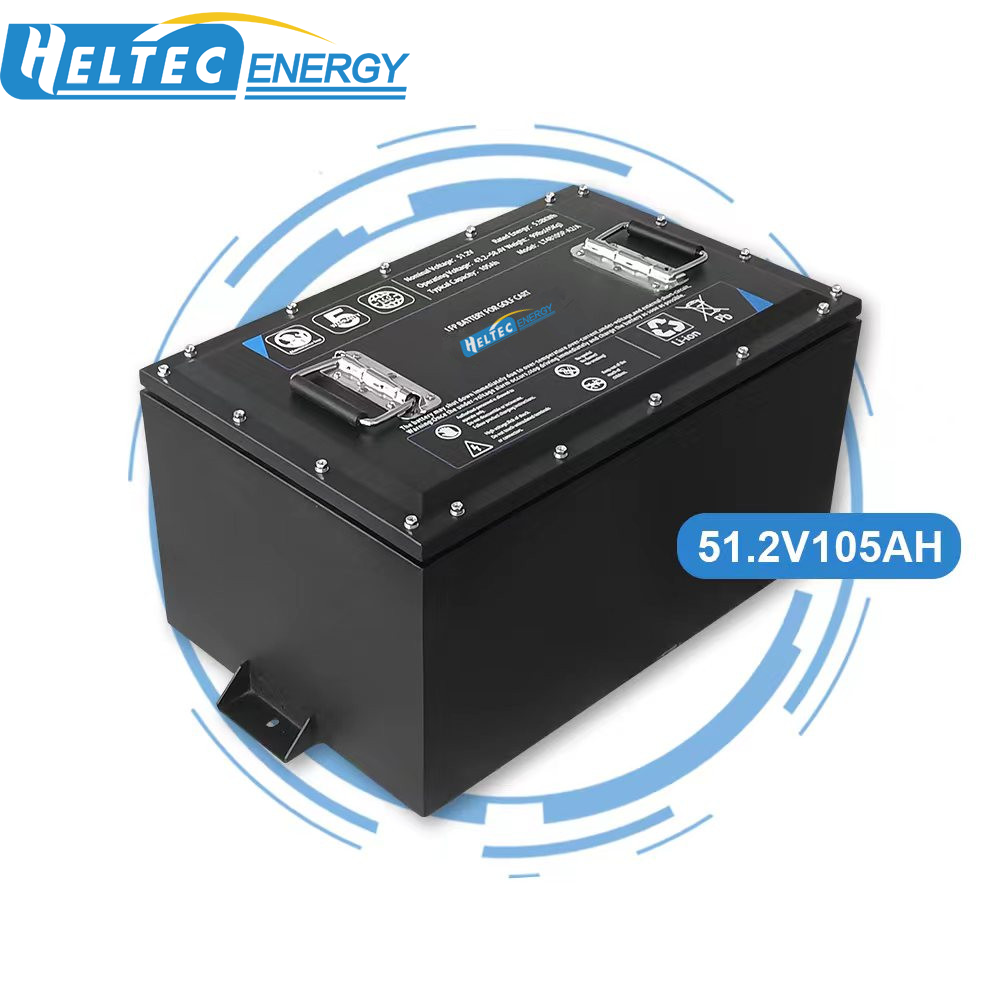
Appearance
One of the easiest ways to differentiate between lithium and lead-acid batteries is by their physical appearance. Lead-acid batteries are generally larger and heavier than lithium-ion batteries. They are usually rectangular or square in shape and have a unique vented lid on top for adding water. In comparison, lithium-ion batteries are typically smaller, lighter, and come in a variety of shapes, including cylindrical and prismatic. They do not have vented covers and are usually enclosed in a plastic casing.
Tags and tags
Another way to identify the type of battery is to check the labels and markings on the battery itself. Lead-acid batteries often have labels like this, and they may also have markings indicating voltage and capacity. Additionally, lead-acid batteries often have warning labels about the dangers of sulfuric acid and the need for proper ventilation. Lithium-ion batteries, on the other hand, are usually labeled with information about chemical composition, voltage, and energy capacity. They may also have symbols indicating compliance with safety standards, such as UL (Underwriters Laboratories) or CE (European Conformity Assessment).
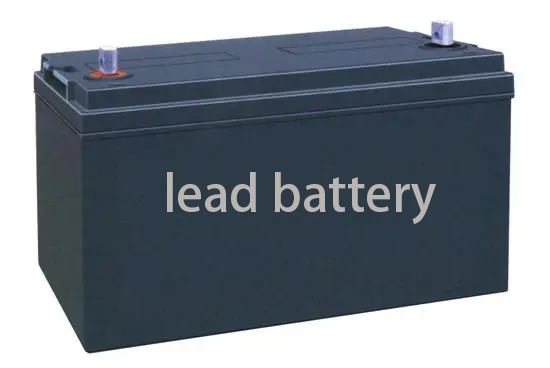
Voltage and capacity
A battery's voltage and capacity can also provide clues about its type. Lead-acid batteries are typically available in voltages of 2, 6, or 12 volts and are commonly used in applications requiring high current output, such as car starting batteries. Lithium-ion batteries, on the other hand, have higher energy density, with voltages ranging from 3.7 volts for a single cell to 48 volts or more for large battery packs used in electric vehicles or energy storage systems.
Maintenance requirements
Understanding a battery's maintenance requirements can also help identify its type. Lead-acid batteries require regular maintenance, including checking and replenishing electrolyte levels with distilled water, cleaning terminals, and ensuring proper ventilation to prevent the build-up of explosive hydrogen gas. In contrast, lithium-ion batteries are maintenance-free and do not require regular watering or terminal cleaning. However, they do need to be protected against overcharging and deep discharge to prevent damage and ensure longevity.
Impact on the environment
The environmental impact of the battery can be a key consideration when determining battery type. Lead-acid batteries contain lead and sulfuric acid, both of which can be harmful to the environment if not managed properly. Lead is a toxic heavy metal and sulfuric acid is corrosive and can cause soil and water contamination if not properly handled and disposed of. Lithium-ion batteries also present environmental challenges due to the extraction of lithium and other rare earth metals, which can also lead to thermal runaway and fires if not recycled properly. Understanding the environmental impact of batteries can help you make informed decisions about battery use and disposal.
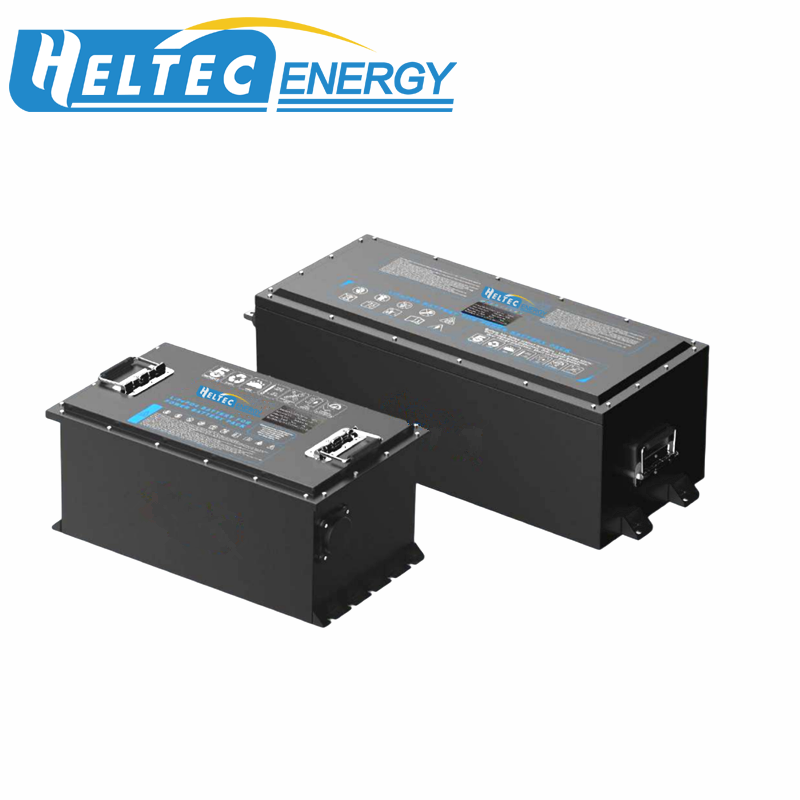
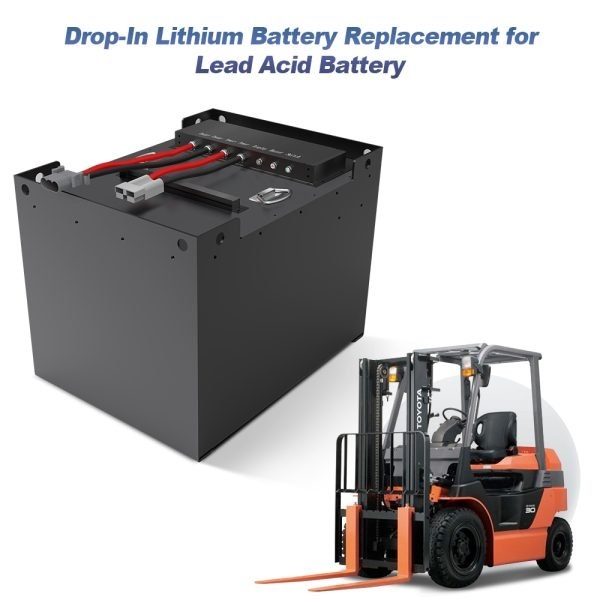
Disposal and recycling
Proper disposal and recycling of batteries is critical to minimizing environmental impact and ensuring valuable materials are recovered. Lead-acid batteries are often recycled to recover lead and plastic, which can be used to make new batteries and other products. Recycling lead-acid batteries helps prevent lead contamination and conserve natural resources. Lithium-ion batteries also contain valuable materials such as lithium, cobalt and nickel, which can be recycled and reused in new batteries. However, the recycling infrastructure for lithium-ion batteries is still developing, and proper recycling processes are critical to minimizing environmental harm.
Security considerations
Safety is a key factor when handling and identifying batteries, especially lithium-ion batteries, which are known to undergo thermal runaway and catch fire if damaged or improperly charged. Understanding the safety precautions for each type of battery is important to prevent accidents and ensure proper handling. Lead-acid batteries can release explosive hydrogen gas if overcharged or short-circuited, and can cause chemical burns if the electrolyte comes into contact with skin or eyes. Proper safety precautions, such as using personal protective equipment and following manufacturer guidelines, are crucial when working with any type of battery.
Conclusion
In summary, identifying whether a battery is lithium or lead-acid requires consideration of a variety of factors, including physical appearance, labels and markings, voltage and capacity, maintenance requirements, environmental impact, disposal and recycling options, and safety considerations. By understanding the differences between lithium-ion and lead-acid batteries, individuals and organizations can make informed decisions about their use, maintenance, and disposal. Proper identification and handling of batteries is critical for safety, environmental protection and resource conservation. If in doubt about battery type, it is recommended to consult the manufacturer or a qualified professional for guidance.
If you have any questions or would like to learn more, please don't hesitate to reach out to us.
Request for Quotation:
Jacqueline: jacqueline@heltec-energy.com / +86 185 8375 6538
Sucre: sucre@heltec-bms.com / +86 136 8844 2313
Nancy: nancy@heltec-energy.com / +86 184 8223 7713
Post time: Aug-01-2024
